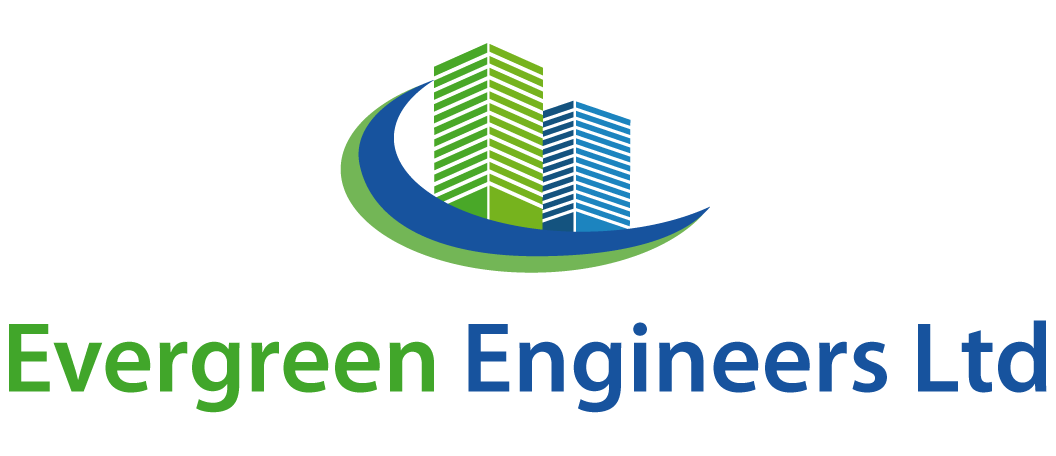Rental property inspections are a fundamental aspect of property management that often gets overlooked or underestimated. However, conducting regular inspections plays a vital role in ensuring the success, safety, and overall well-being of both landlords and tenants. In this blog post, we’ll delve into why rental property inspections are crucial, exploring their benefits, best practices,...
Author: admin
The Roadmap to Property Ownership: Using Your Inspection Report Wisely
Congratulations, you’ve found the property of your dreams! But before you sign on the dotted line and embark on the journey of property ownership, there’s a crucial step that can’t be overlooked: the property inspection report. In this comprehensive blog, we’ll delve into the significance of a thorough inspection report, how to interpret its findings...
Home Inspection: Ensuring Your Investment is Sound
Purchasing a home is a significant investment, both financially and emotionally. It’s a decision that requires careful consideration and thorough evaluation to ensure that the property meets your needs, is structurally sound and doesn’t hide any costly surprises. One crucial step in this process is a comprehensive home inspection conducted by a qualified professional. In...
The Ins and Outs of UK Property Inspection Reports: An In-Depth Analysis
Property inspection reports play a crucial role in the UK real estate market, providing detailed insights into the condition of a property and helping buyers and sellers make informed decisions. In this blog, we’ll delve into the intricacies of UK property inspection reports, exploring their purpose, key components, importance, and how they contribute to a...
The Power of Property Inspection Reports
Investing in real estate is often one of the most significant financial decisions individuals make in their lifetime. Whether purchasing a residential property for personal use or acquiring commercial real estate for investment purposes, the stakes are high, and the potential risks are considerable. Amidst the excitement of finding the perfect property, it’s easy to...
Tips for Conducting a Thorough Property Inspection for Buyers and Sellers
A property inspection is a crucial step in the real estate process, whether you’re a buyer looking to assess a potential investment or a seller aiming to highlight your property’s strengths. Conducting a thorough inspection not only helps identify any issues but also provides valuable insights for informed decision-making. In this blog, we’ll delve into...
Identifying Red Flags: Top 10 Warning Signs in a Property Inspection
Embarking on a property inspection is a crucial step in the home-buying or selling process. A comprehensive examination can reveal the true condition of a property, helping buyers make informed decisions and sellers address potential issues upfront. In this blog, we’ll explore the top 10 red flags to watch out for during a property inspection,...
Decoding the Language of Property Inspections: What Every Homeowner Should Know
When it comes to maintaining and understanding your home, a crucial document enters the scene—the property inspection report. This comprehensive guide aims to decode the language of property inspections and empower homeowners with the knowledge they need to navigate this essential aspect of homeownership. Understanding the Purpose of a Property Inspection A property inspection serves...
Unlocking Investment Opportunities: The Top 7 Property Franchises in the UK
Investing in property remains a lucrative venture, and for those looking to enter the market with the support of an established brand, property franchises offer a compelling opportunity. In this blog, we’ll explore the top 7 property franchises in the UK, shedding light on their unique offerings, success stories, and what makes them stand out...
The Guardian of Your Home: Unpacking the UK Property Inspection Checklist
Owning a home is a significant milestone, and with it comes the responsibility of ensuring that your property remains a safe and secure haven. One of the crucial tools in maintaining the health of your home is the UK Property Inspection Checklist. In this blog, we embark on a journey to unravel the intricacies of...







